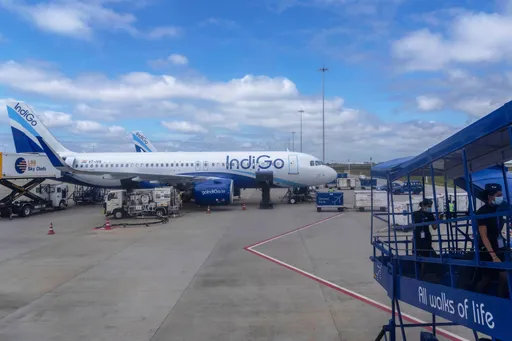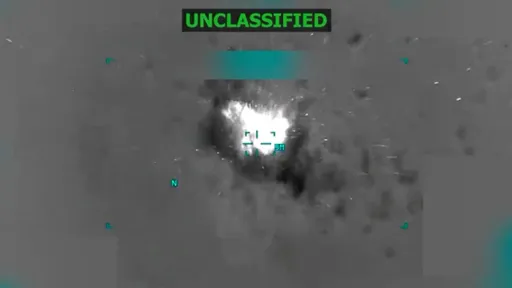The United Nations says Sudan’s Emergency Wheat Production Project has increased wheat production in the country by up to 70%, despite an ongoing war that has killed at least 14,000.
The UN's World Food Programme (WFP) and the African Development Bank praised the development, which comes at a critical time as Sudan faces a looming hunger catastrophe due to the ongoing conflict.
Sudanese paramilitary Rapid Support Forces have been fighting the Sudanese army since April 2023 after disputes over the integration of the two forces following a coup in October 2021.
“This wheat production project to the tune of USD 75 million financed by the African Development Bank became the heart of production in the critical moment in Sudan,” the UN said.
Food security
WFP further added that this has “provided food security, yielding 645,000 metric tonnes of wheat this year, and also became a critical crisis response intervention to the Internally Displaced Persons (IDPs).”
“More than 30% of the beneficiaries in the Northern State were IDPs,” said African Development Bank Country Manager for Sudan, Mary Monyau.
The project had distributed climate-adapted wheat seeds and fertilisers to over 170,000 smallholder farmers in Gezira, River Nile, White Nile, Kassala, and Northern states, in the 2023-2024 agricultural season.
It covered areas that are largely located in the relatively stable northern and eastern states of Sudan where conflict has not yet spread, as well as in conflict-affected areas such as Gezira and White Nile states.
Hunger catastrophe
Sudan is facing an unprecedented hunger catastrophe and is on pace to becoming the world’s largest hunger crisis.
WFP estimates that more than 2 million people are at high risk of falling into IPC 5 (catastrophe/famine) across more than 40 hunger hotspots if they do not urgently receive humanitarian assistance.
➤ Click here to follow our WhatsApp channel for more stories.




















